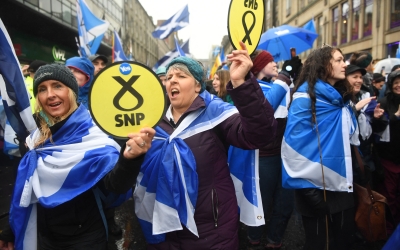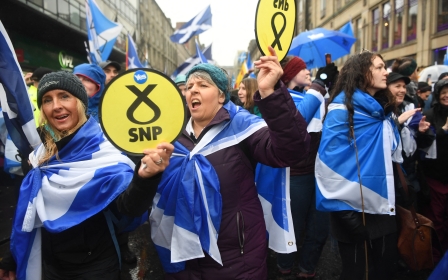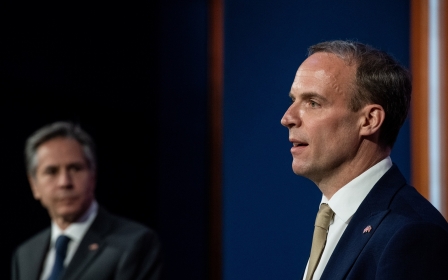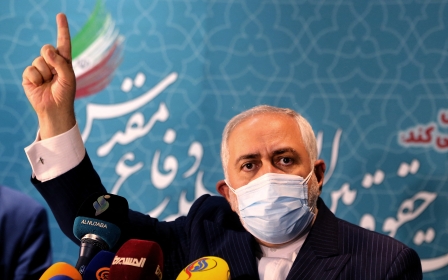Iran: UN experts call for release of filmmaker and activist Nourizad
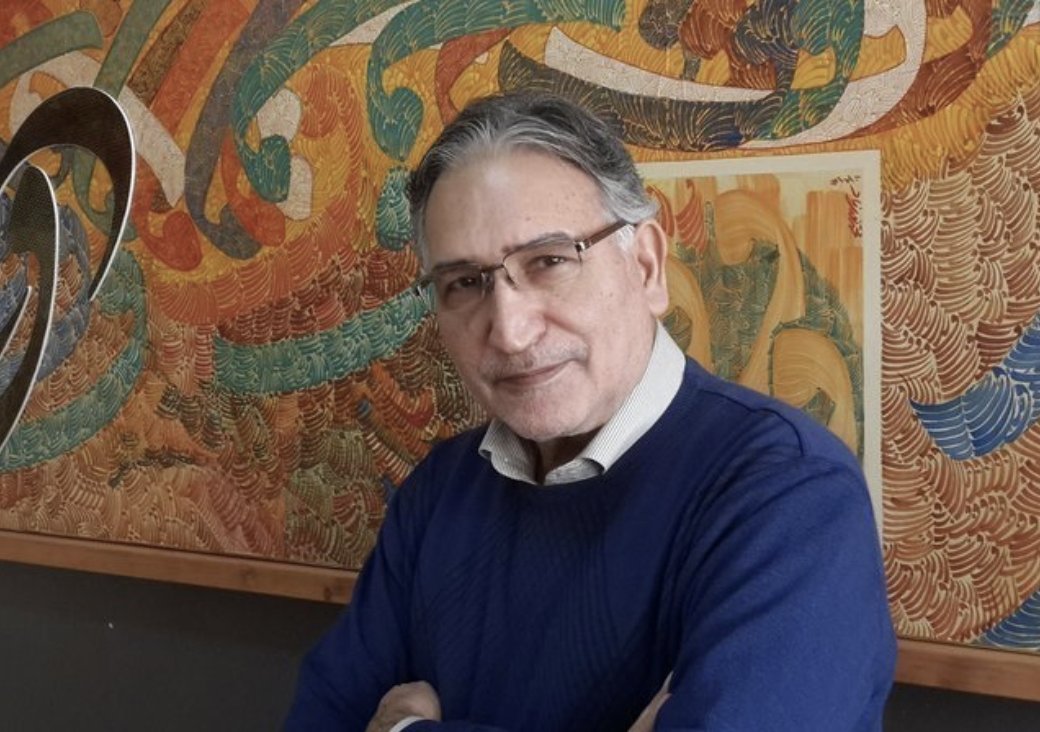
UN human rights experts have voiced their concerns over the imprisonment of Iranian filmmaker Mohammad Nourizad, whose health they say has deteriorated to the point at which he “risks serious complications and possible death”.
The 68-year-old was convicted in February 2020 on charges relating to an open letter that he and others signed calling for the resignation of Iran’s Supreme Leader Ali Khamenei and other constitutional changes.
Nourizad’s prison sentence totals over 17 years. This includes seven-and-a-half years for his alleged membership of an illegal group with the intention to disrupt national security and one-and-a-half years for engaging with opposition groups against the state.
Hunger strikes
While detained Nourizad has gone on hunger strikes and has refused to take his medication in protest at his incarceration, neglect, and the mistreatment of his family by authorities.
New MEE newsletter: Jerusalem Dispatch
Sign up to get the latest insights and analysis on Israel-Palestine, alongside Turkey Unpacked and other MEE newsletters
According to the UN human rights experts, he has also reportedly attempted suicide in prison and began self-harming in February, as a form of protest.
A diagnosed heart condition paired with diabetes has meant the activist has frequently lost consciousness while in detention, with the UN experts warning on Tuesday that his lack of medical attention “may amount to torture and other forms of cruel, inhuman and degrading treatment”.
In one incident last year, after losing consciousness, Nourizad was transferred to hospital and regained consciousness to find himself being injected with an unknown substance without his consent.
Mystery substance
Following the incident, he requested to know what the substance was and called for an investigation to take place as to why he was being injected.
He has yet to be provided with either the name of the substance or an investigation.
The UN experts noted that Nourizad’s experience was not unique and that many in Iran face similar circumstances for "merely exercising their right to freedom of expression" with some even facing the death penalty.
“The Iranian Government and judiciary have an obligation to ensure that all detainees receive proper treatment as prescribed not only under domestic law but also under its international human rights obligations.”
Middle East Eye delivers independent and unrivalled coverage and analysis of the Middle East, North Africa and beyond. To learn more about republishing this content and the associated fees, please fill out this form. More about MEE can be found here.


